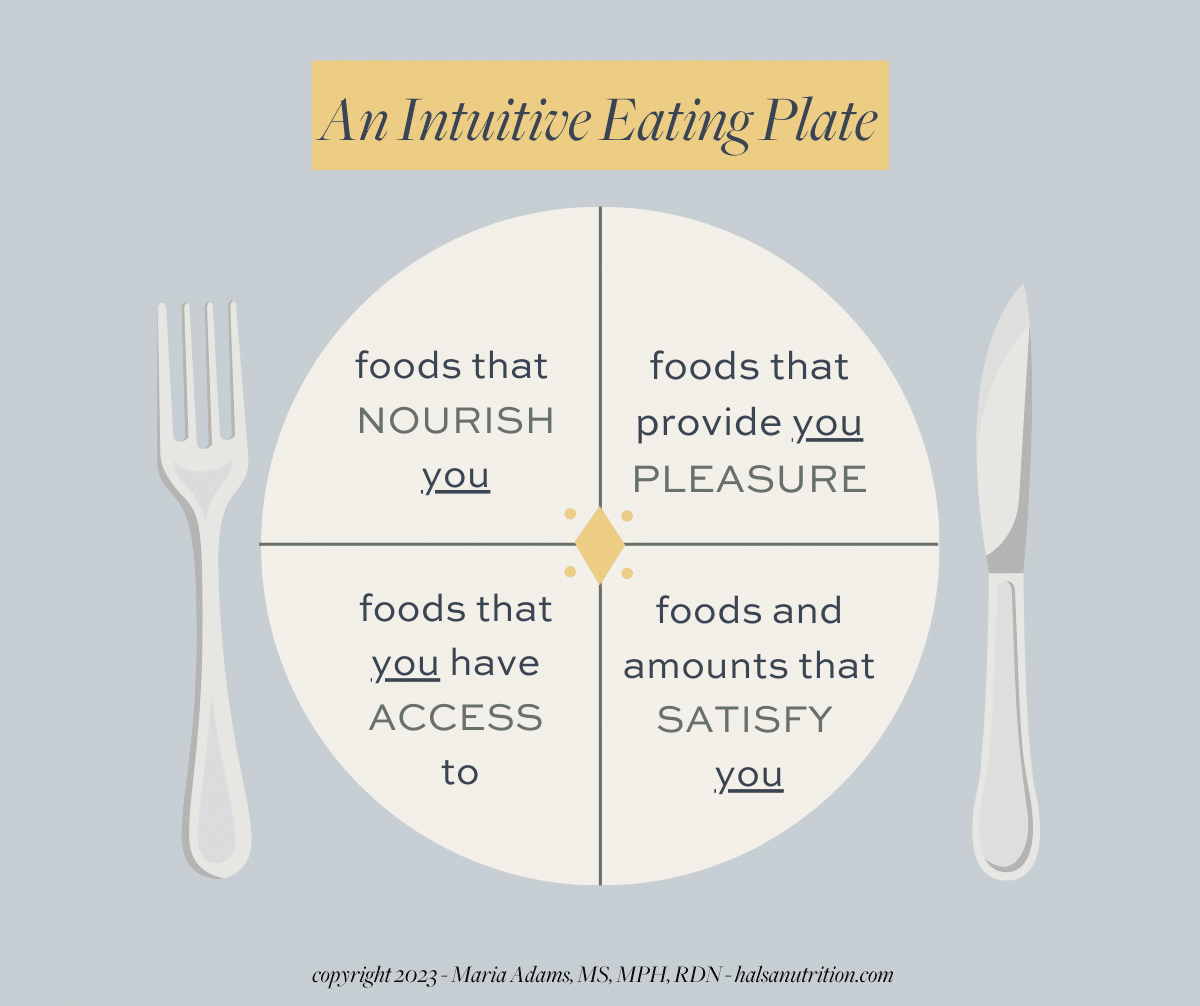
How Intuitive Eating Can Help You Break Free From Diet Mentality and make peace with food
Intuitive eating offers a compassionate alternative to diet culture and food rules. This approach focuses on rebuilding trust with your body, healing emotional relationships with food, and addressing the impact of early family messages around eating and health.

New Year’s Journal prompt Reflections to ask yourself without spiraling
The New Year can feel overwhelming for perfectionists and high achievers who measure worth through productivity and fear failure or falling behind. These gentle reflective questions help you start the year without pressure, burnout cycles, or all-or-nothing expectations. Learn how mindset shifts and therapy can support a healthier, more sustainable path forward.

How the Perfectionistic Overachiever Can Set New Year Goals Without Burnout
Setting New Year goals can feel overwhelming for perfectionists and high achievers who struggle with burnout, high expectations, and fear of failure. This guide offers practical mindset shifts to help you create sustainable and values-based goals without guilt, pressure, or all-or-nothing thinking. Learn how therapy can help you break old achievement patterns and build a more compassionate approach to success.

Rory Gilmore Syndrome: Why High-Achievers Struggle with Anxiety and Burnout And How Therapy Can Help
Many gifted, high-achieving adults grow up praised for their accomplishments and later struggle with perfectionism, burnout, and constant pressure to succeed. This pattern, described as “Rory Gilmore Syndrome” can lead to anxiety, guilt around rest, and a deep reliance on external validation. In this post, I explore why this happens, how it impacts emotional well-being, and how therapy can help you break free from productivity-driven stress.

Why Listening Matters in Relationships (and Why Many People Get It Wrong)
Many partners jump to problem-solving instead of truly listening. Here’s why that happens, what it means to listen actively, and how to strengthen connection through genuine understanding.

The “Bird Theory” and Gottman’s Bids for Connection: What It Really Means to Turn Toward Your Partner
The viral “bird test” might seem like a social media trend, but it’s actually rooted in real relationship science. Learn how bids for connection, and how we respond to them, can strengthen or strain your relationship.

Navigating Holiday Stress and Family Expectations: A Therapist’s Guide to Protecting Your Emotional Well-Being
The holidays can bring both joy and stress especially when family dynamics, expectations, and perfectionism collide. In this post, therapist Zoe Spears, LMFT, shares how to navigate holiday stress with self-compassion, set boundaries that honor your needs, and let go of the pressure to make everything perfect.
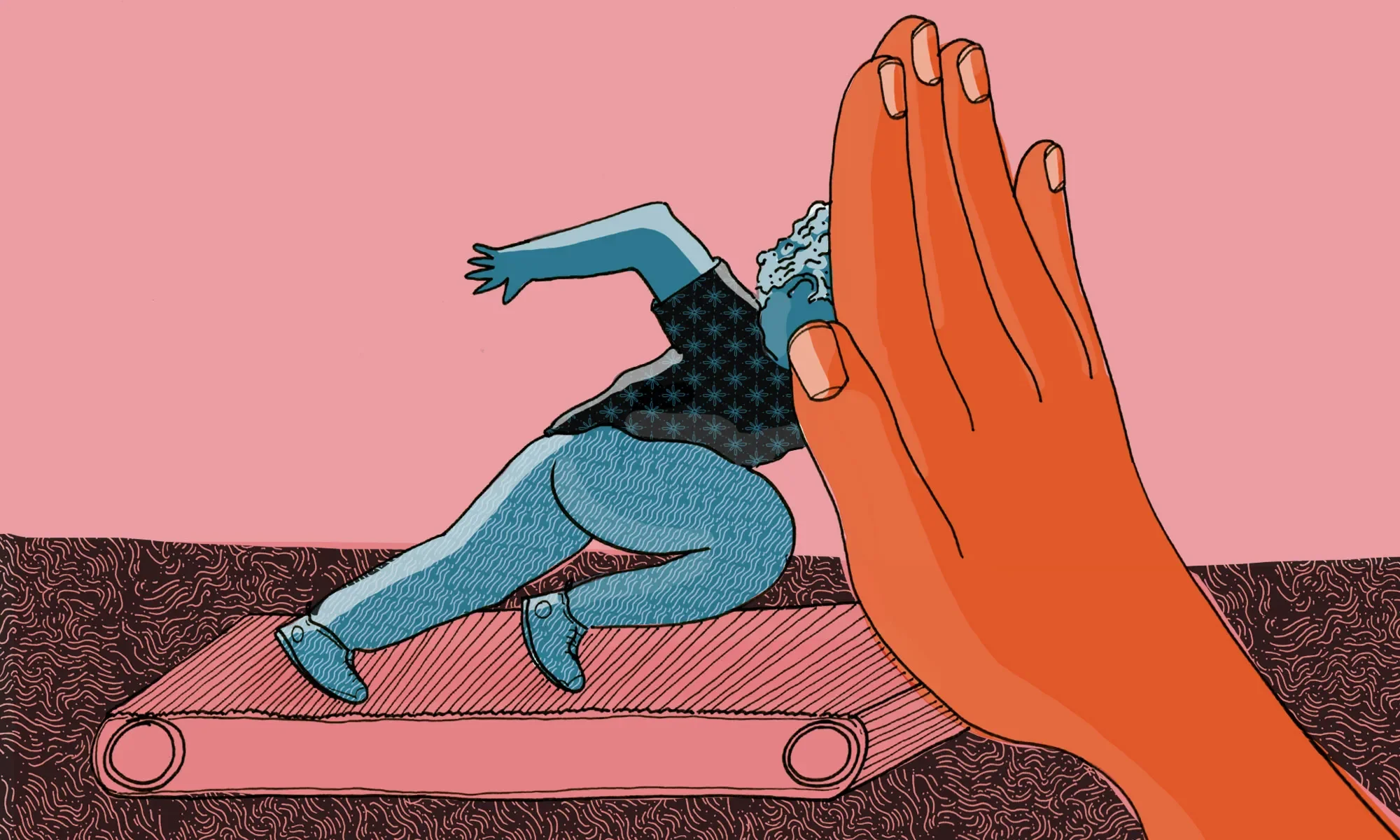
How Rejection Therapy Can Help Overcome Social Anxiety and Rejection Sensitivity
Rejection can feel painful, especially for those with social anxiety or rejection sensitivity. Rejection Therapy offers a powerful way to face fear, reframe “no,” and build resilience. Here’s how intentionally seeking rejection can actually boost confidence and reduce anxiety.

Parenting Styles and Their Impact on Attachment and Adult Relationships
Our earliest family dynamics shape the way we connect with others. Learn how the four main parenting styles, authoritarian, authoritative, permissive, and neglectful, impact attachment patterns and influence adult relationships.
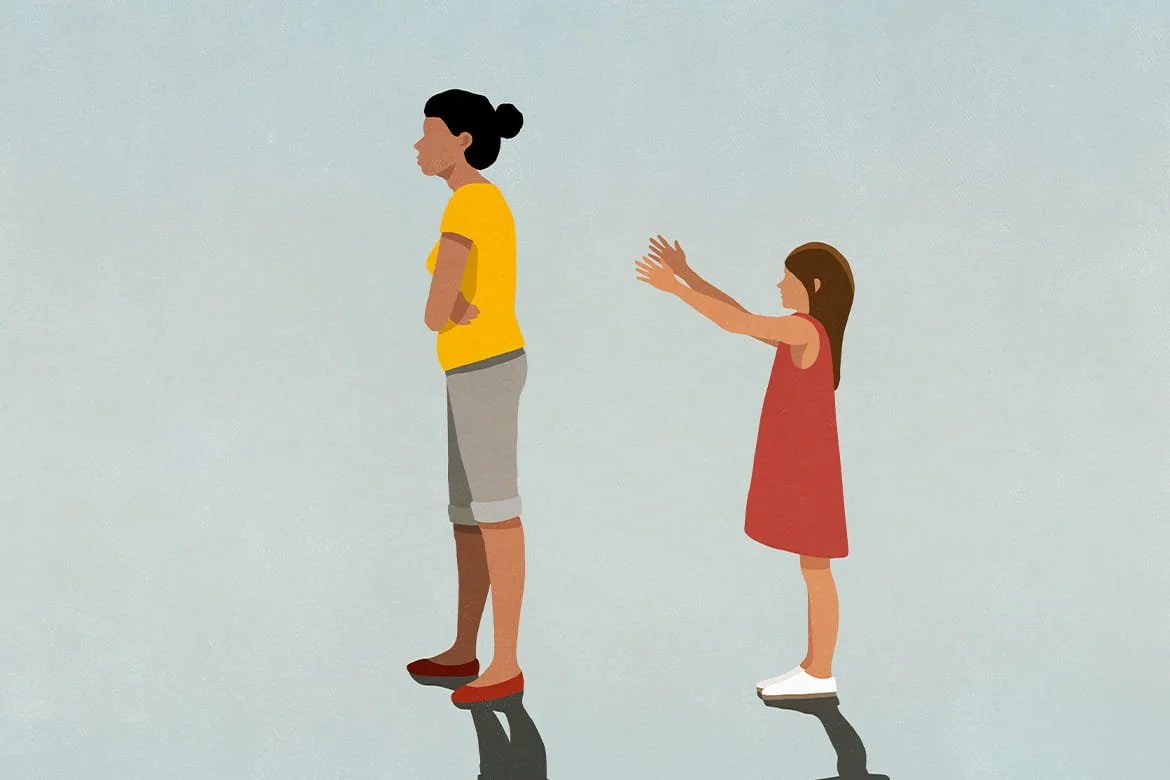
How to Identify If You Grew Up in an Emotionally Immature Home
Did you grow up with parents who struggled to meet your emotional needs? From attachment wounds to psychodynamic patterns, this post explores how emotionally immature parenting affects adult relationships and how therapy can help you break free.
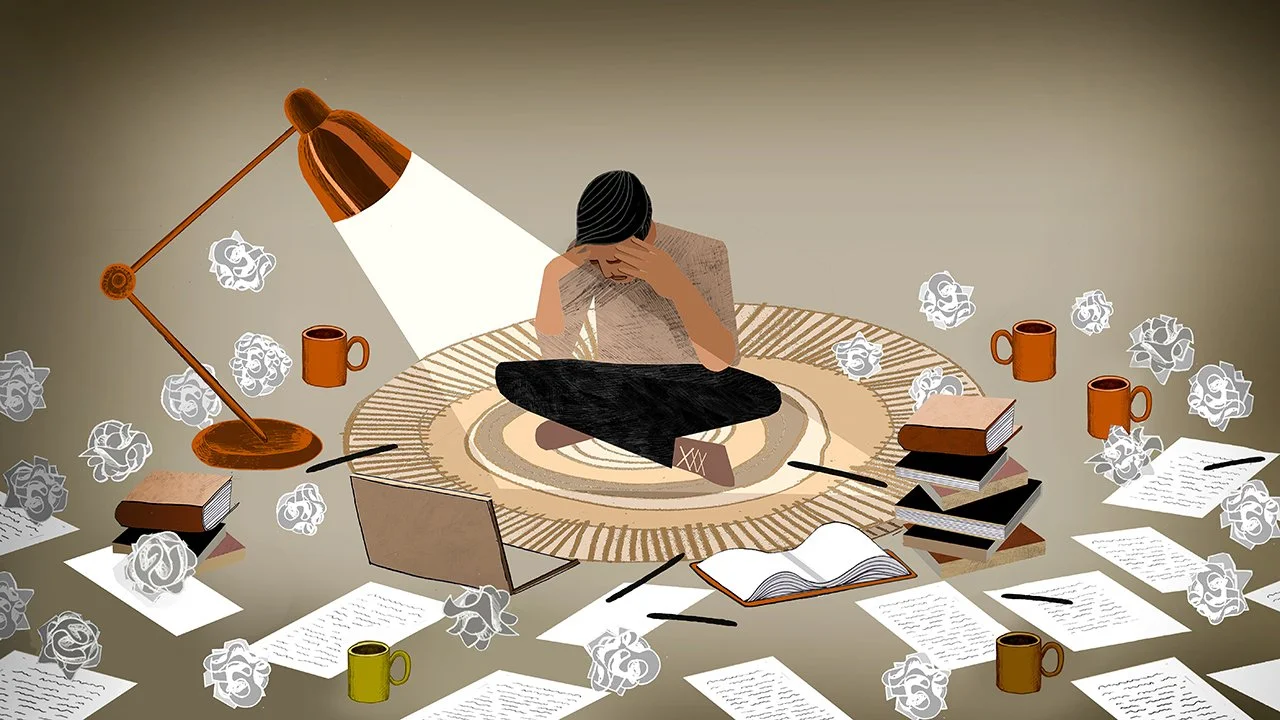
How Therapy Helps High Achievers Manage Perfectionism and Anxiety
High achievers often look successful on the outside but struggle with perfectionism, anxiety, and burnout behind the scenes. Therapy provides tools to calm the inner critic, build secure self-worth, and create balance. Learn how attachment-based and solution-focused therapy can help high achievers thrive without sacrificing mental health or relationships.
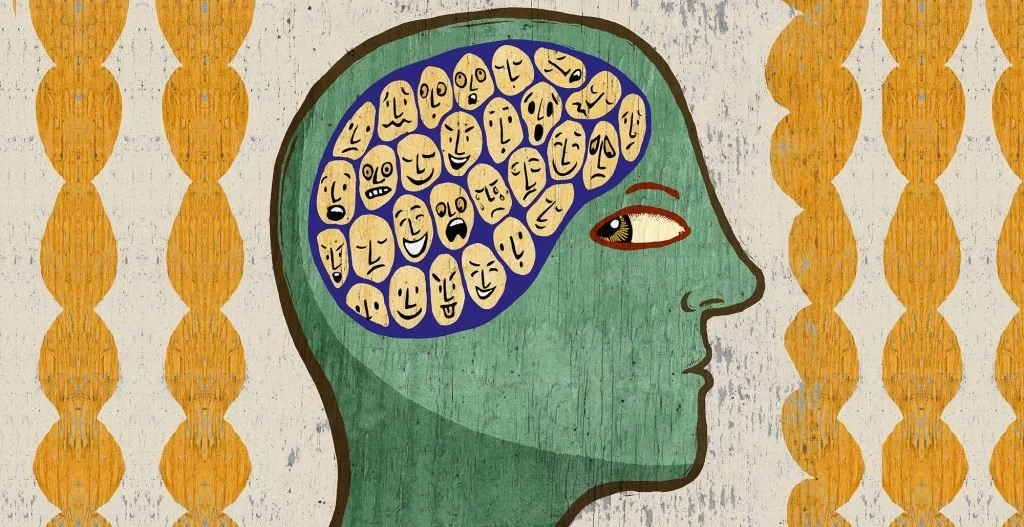
How IFS Therapy Can Help Treat Complex PTSD (C-PTSD)
Many people with Complex PTSD (C-PTSD) struggle with chronic trauma, self-criticism, and relational difficulties. IFS therapy offers a compassionate approach to healing, helping individuals connect with their core Self, unburden trauma, and develop self-compassion. Learn how Internal Family Systems therapy supports recovery and lasting emotional resilience.

Why We Repeat Childhood Wounds in Love — And How to Break Free
Many people unknowingly repeat childhood attachment wounds in their adult relationships, mistaking instability for passion or rejecting stability because it feels unfamiliar. This post explores how attachment styles shape partner choice, signs you may be caught in old patterns, and steps to heal for more secure, lasting love.

Why Couples Fall Out of Love — And What You Can Do About It
Many couples wonder how something that once felt so connected can begin to feel distant or disconnected. In this post, therapist Zoe Spears, LMFT, explores why couples fall out of love, how to recognize early signs of emotional disconnection, and what you can do to rebuild trust, intimacy, and lasting connection.

What Not to Say to Someone with Anxiety—And What to Say Instead from a Compassionate, Therapist-Informed Lens
When someone you care about is struggling with anxiety, well-meaning comments can unintentionally do harm. Learn what not to say, and what actually helps, from a compassion-focused therapy perspective.

Loving Someone with Borderline Personality Disorder: How to Support Without Losing Yourself
Loving someone with BPD can be intense and confusing but it doesn’t have to mean losing yourself. Learn how to support with empathy, clarity, and boundaries.

Understanding Relationship OCD: How Attachment-Based Therapy Can Help You Heal
Relationship OCD (ROCD) causes people to spiral into obsessive doubts about their partner or relationship, often leaving them confused, anxious, and disconnected. While these patterns can feel overwhelming, they’re often rooted in deeper emotional wounds related to attachment. In this post, we explore how Attachment-Based Therapy helps uncover the roots of ROCD and supports long-term healing by building safety, trust, and emotional clarity from the inside out.

Understanding Attachment Styles: How Therapy Helps You Heal and Connect More Deeply
Your attachment style shapes the way you relate to others but it doesn't have to define you forever. Learn how therapy helps you heal emotional wounds, shift patterns, and build more secure relationships with self and others.
Getting to Know Your Inner World: How Internal Family Systems (IFS) Can Help You Heal
Internal Family Systems (IFS) therapy helps you understand and heal the inner parts of yourself that carry anxiety, shame, self-doubt, and emotional pain. Learn how this compassionate, evidence-based approach can help you reconnect with your true Self and feel more grounded in your life and relationships.

Healing from the Inside Out: How Attachment-Based Therapy Strengthens Your Relationship with Yourself and Others
Attachment-based therapy helps people understand how early relationships shaped the way they connect with themselves and others. By exploring these patterns in a safe, supportive environment, clients can begin to heal emotional wounds, build self-trust, and create more secure, fulfilling relationships. Whether you're struggling with anxiety, self-doubt, or feeling disconnected in love, this approach offers a compassionate path toward lasting change—from the inside out.